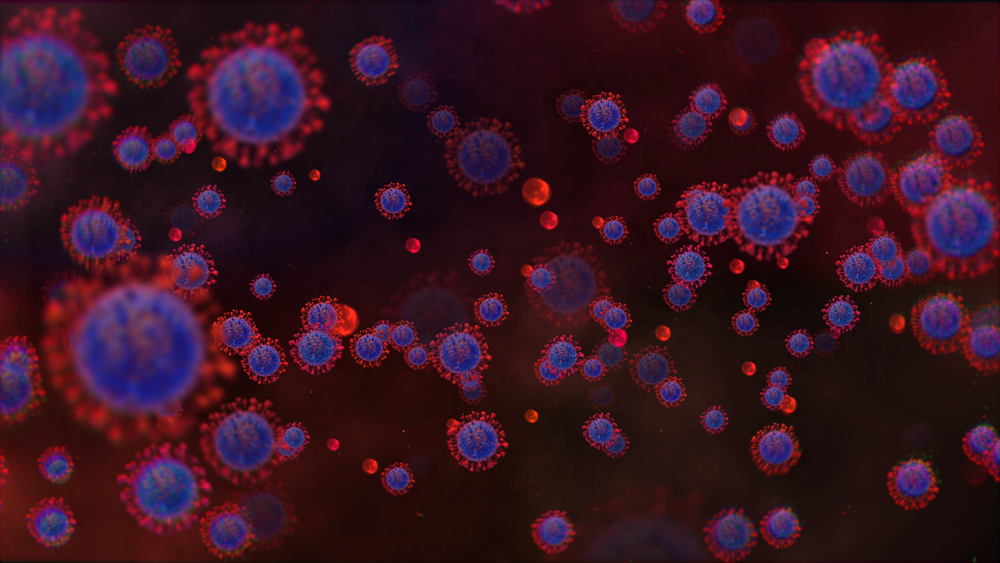
Research conducted last month by scientists from the National Institutes of Health and the University of Oxford showed promise for the investigational SARS-CoV-2 vaccine, ChAdOx1 nCoV-19, at least when used on rhesus macaques.
The vaccine, which was created by the University of Oxford Jenner Institute, was tested on six macaques. During the not yet peer-reviewed study, all six were shielded from pneumonia caused by SARS-CoV-2 — the virus responsible for COVID-19 — as opposed to the three control animals that did not receive the vaccine. With that data in hand, researchers began a phase 1 trial of the candidate vaccine on healthy volunteers in the United Kingdom last month.
The vaccine candidate is based on a chimpanzee adenovirus that is incapable of replication. Through this, it delivers a SARS-CoV-2 protein to spur a protective immune response in the body. ChAdOx1 was not originally developed for SARS-CoV-2, but rather, was adapted to it when the first cases of COVID-19 emerged.
Oxford has also entered into a partnership with biopharmaceutical company AstraZeneca for the manufacturing and distribution of the vaccine candidate.




